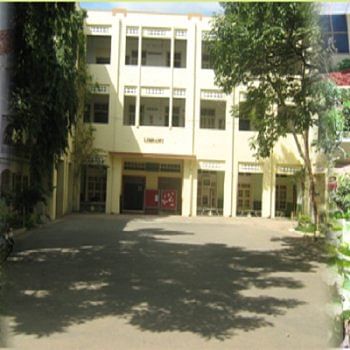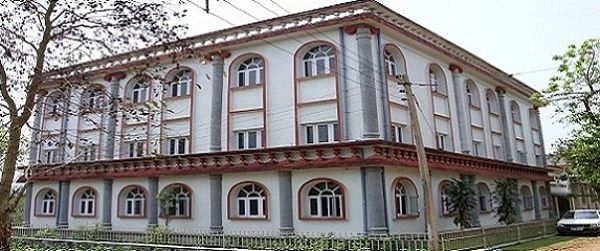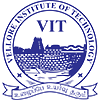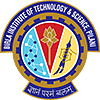TBSE Class 12 Chemistry Syllabus: Download Latest Syllabus PDF
Table of Contents
TBSE Class 12th Chemistry syllabus consists of a total of 10 chapters of different units. TBSE Class 12th chemistry syllabus has been released on the official website of the Tripura Board of Secondary Education for the academic session of 2024-2025. The overall mark for chemistry syllabus Tripura Board class 12th is 100 out of which 70 marks are for theory and 30 marks for practical.
There are three practicals to be performed by students along with the practical file, viva and attendance is considered for the marking scheme. TBSE Class 12th chemistry exam duration is 3 hours for the theory exam.
Students require a minimum of 33% aggregate marks in theory and practical to pass in TBSE Class 12th chemistry syllabus. There are several important topics which students must prepare and students can take help from several preparation books.
TBSE 12th Chemistry Syllabus
There are a total of 10 chapters under 10 units each containing several topics and different marks weightage for TBSE Class 12th chemistry syllabus. There are three practicals namely Volumetric analysis, salt analysis and organic analysis for the practical chemistry syllabus of class 12th TBSE. The following table details the TBSE Class 12th chemistry syllabus:
|
Name of the chapter |
Topics Included |
|
Solutions |
Types of Solutions, Raoult’s Law, Van’t Hoff factor, expression of concentration of solutions of solids in liquids, solubility of gasses in liquids, solid solutions, colligative properties-relative lowering of vapor pressure, elevation of boiling point, depression of freezing point, osmotic pressure, determination of molecular mass using colligative properties, abnormal molecular mass. |
|
Electrochemistry |
EMF of a cell, Redox reactions, Standard electrode potential Nernst equation and its application to Chemical Cells, Conductance in electrolytic solutions, Relation between Gibbs energy and EMF of a cell, specific and molar conductivity, Kohlrausch's Law, variations of conductivity with concentration, electrolysis and law of electrolysis (elementary idea), lead accumulator, fuel cell, corrosion, dry cell, electrolytic cell and Galvanic cells. |
|
Chemical Kinetics |
factors affecting rate of reaction: concentration, Rate of reaction (Average and instantaneous), rate law and specific rate constant, temperature, catalyst, order and molecularity of a reaction, Integrated rate equation and half-life (only for zero and first order reactions), Activation energy, Arrhenius equation, concept of collision theory (elementary idea, no mathematical treatment). |
|
‘d’ and ‘f’ block elements |
Lanthanoids, actinoids |
|
Coordination Compounds |
Coordination number, Colour, magnetic properties and shapes, Coordination Compounds - Introduction, ligands, IUPAC nomenclature of mononuclear coordination compounds, structural and stereoisomerism, importance of Coordination compounds (in qualitative inclusion, Bonding, Werner's theory, VBT, and CFT, extraction of metals and biological system). |
|
Haloalkanes and Haloarenes |
Haloalkanes, Haloarenes |
|
Alcohol, Phenols and Ethers |
Ethers, Alcohol, Phenol |
|
Aldehydes, Ketones and Carboxylic Acids |
Aldehydes and Ketones, Carboxylic acids |
|
Organic compounds containing nitrogen |
Amines, Cyanides and Isocyanides, Diazonium salts |
|
Biomolecules |
Carbohydrates, Proteins, Vitamins and Nucleic Acids |
TBSE Class 12th Chemistry Syllabus: PDF Download
Tripura Board of Secondary Education releases TBSE Class 12th Chemistry syllabus every year on its official website for the upcoming academic session. Candidates can click on the link given below to download TBSE Class 12th Biology Syllabus PDF:
|
Particulars |
Link |
|
TBSE Class 12th Chemistry Syllabus PDF |
How to download TBSE Class 12th Chemistry Syllabus?
TBSE Class 12th chemistry syllabus can be easily downloaded from the official website of Tripura Board of Secondary education. Following are the steps and instructions to download TBSE Class 12th chemistry Syllabus:
Step 1: Visit the official website of Tripura Board of secondary Education which is tbse.tripura.gov.in
Step 2: Now navigate the tab “Syllabus 2024-2025” given on the top bar presented on the homepage of the website.
Step 3: After clicking on the Syllabus tab, select Class 12th.
Step 4: A new window opens with different subject names. Select Chemistry from the list of subjects.
Step 5: After clicking on Chemistry a PDF opens which can be easily downloaded from the download icon given on the top right corner.
Important Topics for TBSE Class 12th Chemistry Syllabus
Students must prepare all the important topics and chapters included in TBSE Class 12th chemistry syllabus. There are 10 chapters of chemistry syllabus class 12th TBSE out of which the most important chapter is ‘Electrochemicals’ containing highest marks weightage. The table given below details important topics or TBSE Class 12th chemistry syllabus along with marks division:
|
Unit |
Name of the Chapter |
Important Topics |
Marks Weightage |
|
Unit: II |
Chapter 2: Solutions |
Types of Solutions, Raoult’s Law, Van’t Hoff factor, expression of concentration of solutions of solids in liquids, solubility of gasses in liquids, solid solutions, colligative properties-relative lowering of vapor pressure, elevation of boiling point, depression of freezing point, osmotic pressure, determination of molecular mass using colligative properties, abnormal molecular mass. |
07 |
|
Unit: III |
Chapter 3: Electrochemistry |
EMF of a cell, Redox reactions, Standard electrode potential Nernst equation and its application to Chemical Cells, Conductance in electrolytic solutions, Relation between Gibbs energy and EMF of a cell, specific and molar conductivity, Kohlrausch's Law, variations of conductivity with concentration, electrolysis and law of electrolysis (elementary idea), lead accumulator, fuel cell, corrosion, dry cell, electrolytic cell and Galvanic cells. |
09 |
|
Unit: IV |
Chapter 4: Chemical Kinetics |
factors affecting rate of reaction: concentration, Rate of reaction (Average and instantaneous), rate law and specific rate constant, temperature, catalyst, order and molecularity of a reaction, Integrated rate equation and half-life (only for zero and first order reactions), Activation energy, Arrhenius equation, concept of collision theory (elementary idea, no mathematical treatment). |
07 |
|
Unit: VIII |
Chapter 8: ‘d’ and ‘f’ block elements |
General introduction, general trends in the properties of first row transition metals - metallic character, electronic configuration, occurrence and characteristics of transition metals, Ionization enthalpy, oxidation states, interestitial compounds, alloy formation, preparation and properties of K, Cr₂O7, and KMnO4, ionic radii, Colour, Catalytic property, magnetic properties, Lanthanoids - Electronic configuration, oxidation states, chemical reactivity and lanthanoid contraction and its consequences. Actinoids - Electronic configuration, oxidation states and comparison with lanthanoids |
07 |
|
Unit: IX |
Chapter 9: Coordination Compounds |
Coordination number, Colour, magnetic properties and shapes, Coordination Compounds - Introduction, ligands, IUPAC nomenclature of mononuclear coordination compounds, structural and stereoisomerism, importance of Coordination compounds (in qualitative inclusion, Bonding, Werner's theory, VBT, and CFT, extraction of metals and biological system). |
07 |
|
Unit: X |
Chapter 10: Haloalkanes and Haloarenes |
Haloalkanes: Nomenclature, physical and chemical properties, nature of C-X bond, optical rotation, mechanism of substitution reactions. Haloarenes: Uses and environmental effects of- dichloromethane, trichloromethane, tetrachloromethane, iodoform, freons, Nature of C-X bond, substitution reactions (Directive influence of halogen in mono substituted compounds only), DDT. |
06 |
|
Unit: XI |
Chapter 11: Alcohol, Phenols and Ethers |
Alcohols: identification of primary, secondary and tertiary alcohols, Nomenclature, Methods of preparation, physical and chemical properties (of primary alcohols only), mechanism of dehydration, uses with special reference to methanol and ethanol. Phenols: Nomenclature, methods of preparation, acidic nature of phenol, electrophilic substitution reactions, physical and chemical properties, uses of phenols. Ethers: Nomenclature, Methods of preparation, physical and chemical properties, uses. |
06 |
|
Unit: XII |
Chapter 12: Aldehydes, Ketones and Carboxylic Acids |
Aldehydes and Ketones: Nomenclature, nature of carbonyl group, mechanism of nucleophilic addition, Methods of preparation, physical and chemical properties, reactivity of alpha hydrogen in aldehydes, uses. Carboxylic Acids: Nomenclature, acidic nature, physical and chemical properties; uses, methods of preparation. |
08 |
|
Unit: XIII |
Chapter 13: Organic compounds containing nitrogen |
Amines: Nomenclature, classification, structure, methods of preparation, physical and chemical properties, uses, identification of primary, secondary and tertiary amines. Cyanides and Isocyanides - will be mentioned at relevant places in text. Diazonium salts: Preparation, chemical reactions and importance in synthetic organic chemistry |
06 |
|
Unit: XIV |
Chapter 14: Biomolecules |
Carbohydrates - monosaccarides (glucose and fructose), Classification (aldoses and ketoses), D-L configuration of oligosaccharides (sucrose, lactose, maltose), polysaccharides (starch, cellulose, glycogen); Importance of carbohydrates. Proteins - Elementary idea of - amino acids, peptide bond, polypeptides, proteins, structure of proteins - primary, secondary, tertiary structure and quaternary structures (qualitative idea only), Hormones - Elementary idea excluding structure, denaturation of proteins: enzymes. Vitamins - Classification and functions. Nucleic Acids: DNA and RNA |
07 |
Best Books for TBSE Class 12th Chemistry Syllabus
There are several preparation books for the TBSE Class 12th chemistry syllabus which helps in better preparation for exams and also helps in scoring high marks. Best books for TBSE Class 12th chemistry syllabus provide easy explanations for concepts, practice questions, sample papers and chapter-wise distribution of questions. Some of the best books for TBSE Class 12th chemistry syllabus are:
- Close Campus Chemistry Preparation Book
- TRB Tripura Chemistry Mock Test series
Preparation Tips for TBSE Class 12th Chemistry Syllabus
Preparation Tips and strategies for TBSE Class 12th chemistry syllabus prepares students to score higher marks and helps to have a planned preparation for examination. Preparation tips like time management, group discussion, short note preparation and many more aid students for better revision and understanding. Students must be aware of the TBSE 12th exam pattern before preparing for the exam.
- Know the structure and format of the exam along with the marking scheme for different question types.
- Plan and start preparing well before 2 to 3 months for the preparation of the examination.
- Try group studies or peer discussion which helps to clear doubts and make study less monotonous.
- Create a timetable and divide equal time for all the chapters and questions types of TBSE Class 12th Chemistry syllabus.
- Take help from preparation books and solve previous year question papers or TBSE 12th sample papers for better practice.
- Make short notes and flashcards while preparing to revise afterwards.
- Focus on important topics of TBSE Class 12th Chemistry Syllabus and avoid using time of learning chapters or topics which have already been eliminated.
- Avoid last minute revision and try some breathing exercises to relax before attempting the exam.
- Take proper sleep and rest breaks during study and avoid exhaustion.
FAQs on TBSE 12th Chemistry
Q: What is the marking scheme for TBSE Class 12th Chemistry Syllabus?
Q: How to download TBSE Class 12th Chemistry Syllabus?
Q: What are TBSE Class 12th Chemistry Passing marks?
Q: What is the reduced syllabus for TBSE Class 12th Chemistry 2024-2025?
Q: When will the exam be conducted for TBSE Class 12th chemistry?
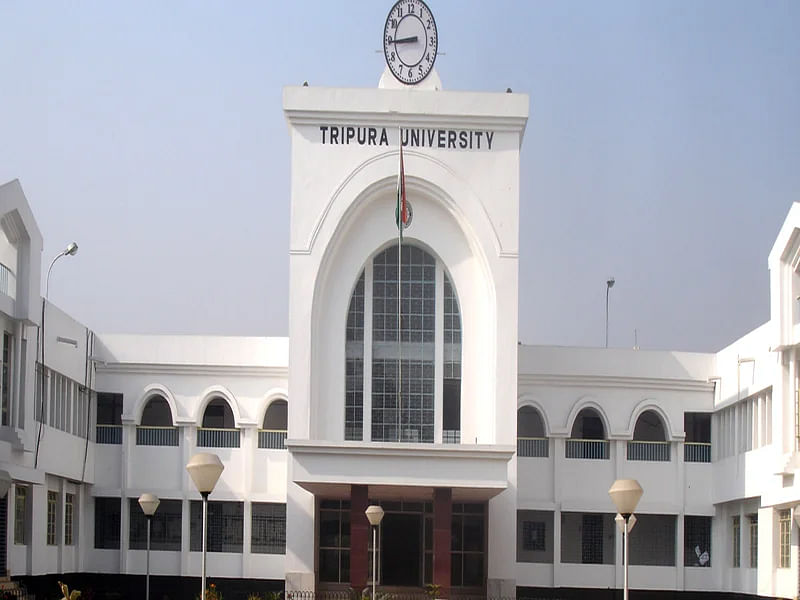
![Tripura University, [TU] West Tripura](https://media.getmyuni.com/azure/college-image/small/tripura-university-tu-west-tripura.webp)
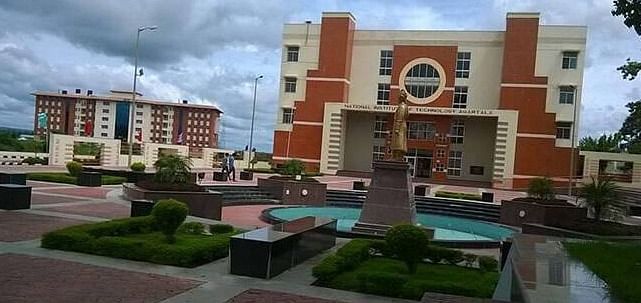
![National Institute of Technology, [NIT] Agartala](https://media.getmyuni.com/azure/college-image/small/national-institute-of-technology-nit-agartala.jpg)
